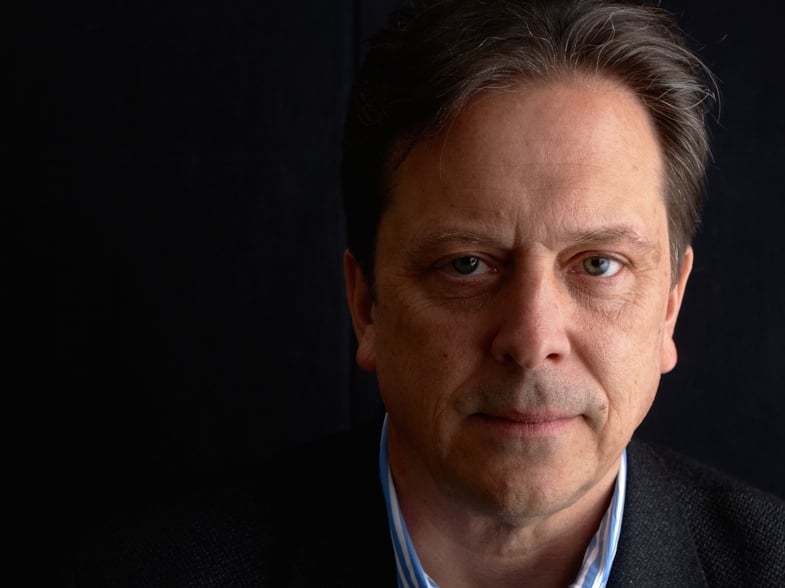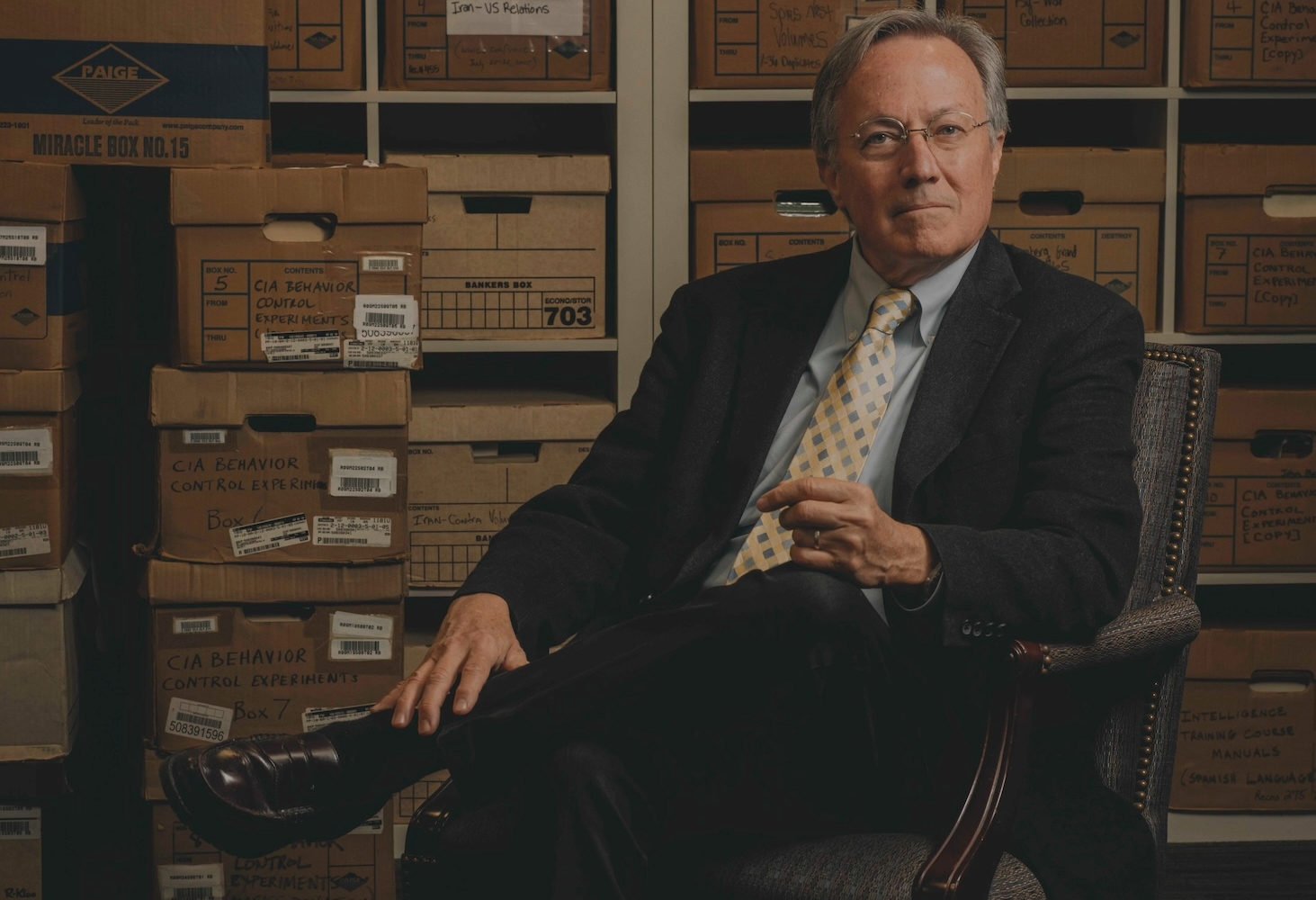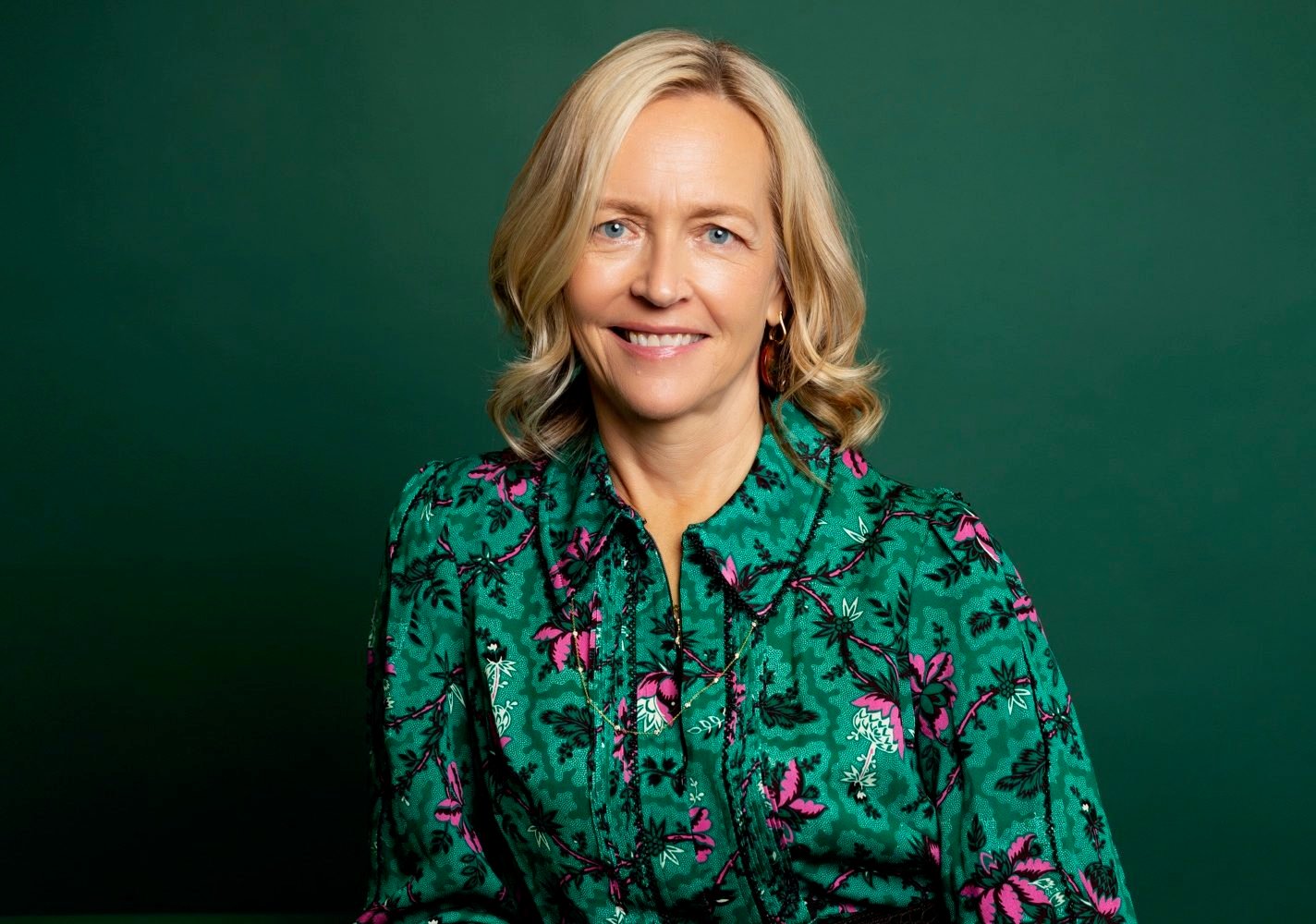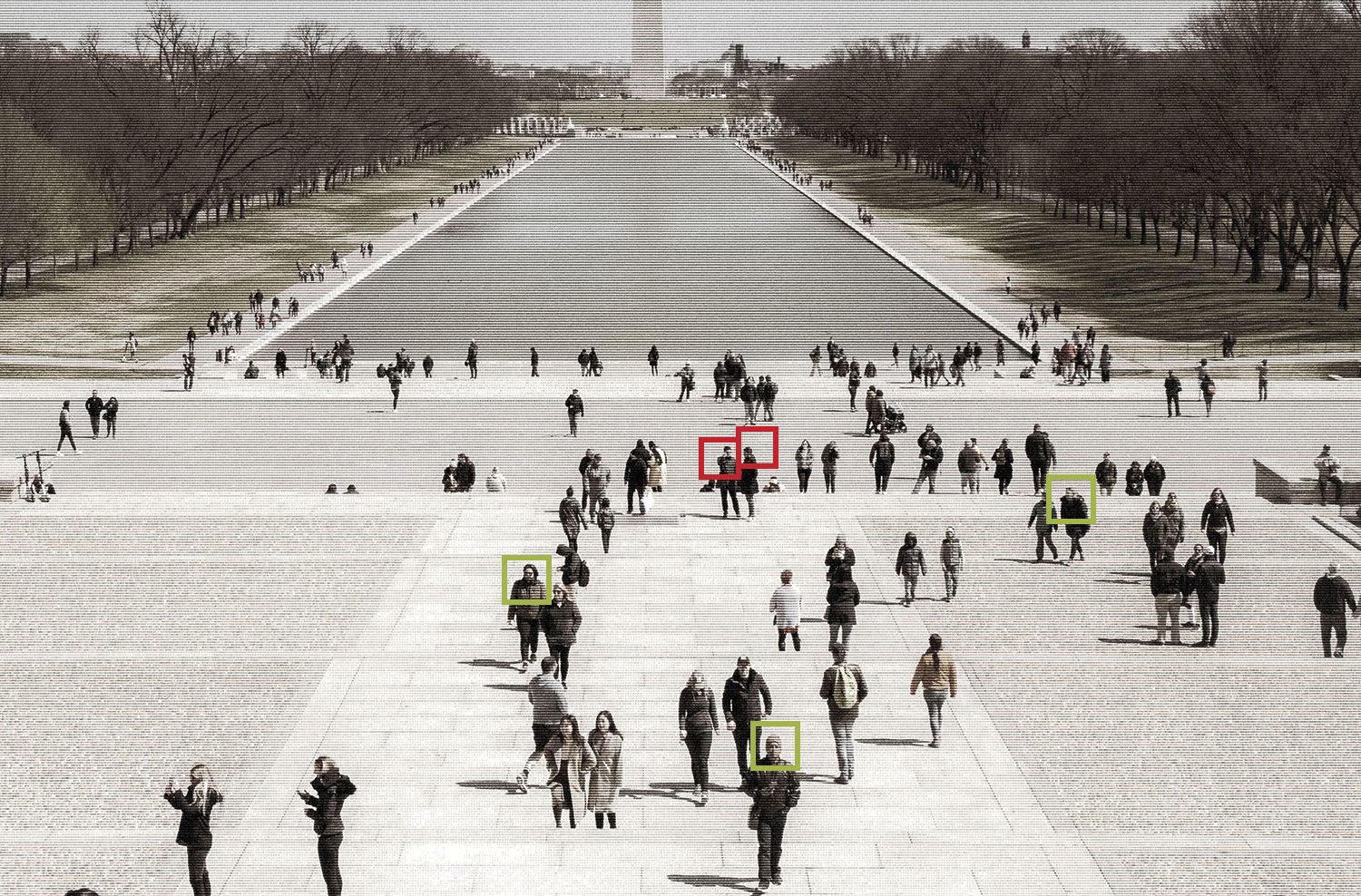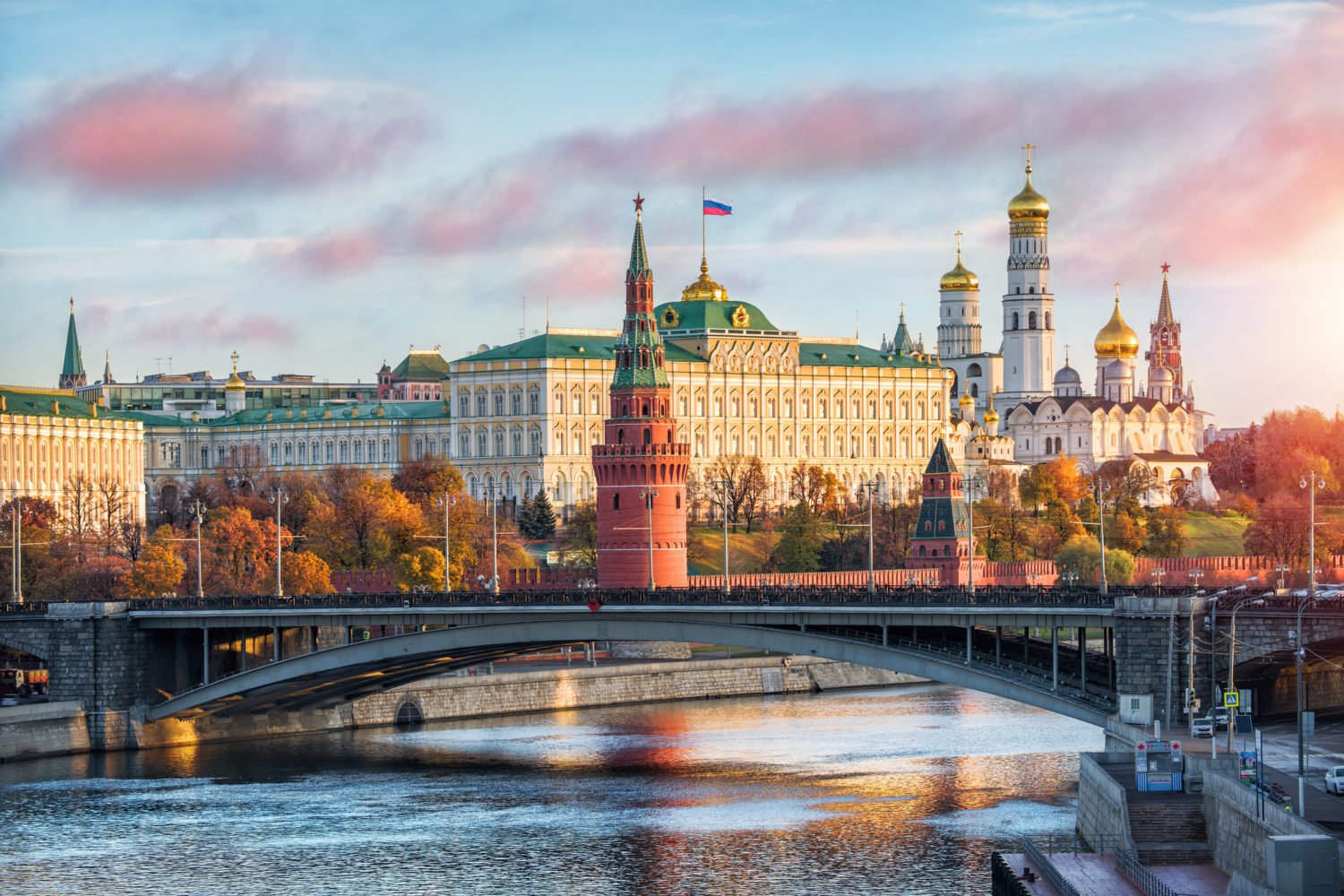At the height of the Cold War, arguably no one in the CIA exercised more power than James Jesus Angleton, head of counterintelligence. He pioneered an illegal information-gathering campaign that spied on Americans’ mail; he contravened United States nuclear policy, assisting Israel in developing nuclear weapons; he obfuscated what the CIA knew about Lee Harvey Oswald, JFK’s alleged killer.
Jefferson Morley, an investigative reporter who has written for the Washington Post and the Atlantic, chronicles this complex history in his forthcoming biography The Ghost: The Secret Life of CIA Spymaster James Jesus Angleton. Morley became well acquainted with Angleton in the course of writing his first book, a biography of CIA Mexico City bureau chief Winston Scott, with whom Angleton was close. Nothing had been written about Angleton in recent years, and in January of 2015, Morley realized it was time for a book. “Angleton was kind of intellectual founding father of national security,” Morley says, “so his story is very important, because we still live under that regime.”
You mention the Deep State in the intro of the book, and even though that maybe wasn’t in the common parlance at the time, Angleton operated outside the normal chain of command. Talk about how he was sort of the precursor to this so-called Deep State.
I’m a little wary of the term “Deep State” because people misuse it a lot. But if we talk about the secret sector of the government—government agencies whose budgets and activities are secret, are classified information—that is now a huge sector of the US government. So Angleton’s really the father of the Deep State. He had the ideas of mass surveillance. Angleton wanted to get information about what Americans were saying and thinking in their dealings with the Soviet Union. So he opened every single piece of mail that went from the United States to the Soviet Union, coming or going. He was opening 10,000 letters a year. Before that, nobody dared open the mail. It was plainly illegal under US statute. But Angleton did it.
How does someone like Angleton acquire all this power within the structure of the CIA?
Angleton was incredibly charismatic intellectually. He had a very deep vision of history and the Soviet intelligence operation. So he created this counterintelligence staff in 1954, with the idea of preventing the KGB from penetrating US intelligence. And then he used that position to build an empire of his own, really to build a CIA within the CIA. His activities were even secret from the CIA itself. His vision of a kind of total counterintelligence capability—the US government still aspires to that. And Angleton was the guy who had the idea first.
Is there a modern day Angleton?
I don’t know of anyone, but I would not doubt it. Because it’s in the nature of secret government and compartmentalized operations that people can build up immense power with no accountability over the years. So there could definitely be somebody like Angleton with a position of great power, that is completely unknown to most of the government.
You portray Angleton as this kind of all-powerful figure, instituting mass surveillance, and yet in spite of all that power, he was duped relatively easily. Most prominently with [KGB double agent] Kim Philby but there was also a striking anecdote in the book where the CIA was funneling all of this money to Poland, thinking that they were giving aid to the anti-Communists, when in fact it was going straight to the Communists. How do mistakes like this get made?
Angleton made this colossal mistake of trusting Kim Philby. You know, some people might have said, “If you make a mistake like that, you should lose your job.” But in a secret system, it’s easier to say, “Well, you know, we just screwed up.” And everybody stays in place. So Angleton’s powers were protected by his secrecy, but his weaknesses were, too. And that’s part of the challenge of accountability in a secret system. If you don’t know somebody made a mistake, you can’t take corrective action.
The last thing I want to ask you about is the JFK assassination.
I think that the story about Angleton and JFK is maybe the most important new thing in the book. And what’s new is, Angleton was using Oswald, the accused assassin, for intelligence purposes, before the assassination of President Kennedy. Now, that’s not to say anything about what caused the assassination of the president, right? But it is a fact that Angleton was using Oswald for intelligence purposes. And that really changes our understanding of the assassination.
Had they met? Was he running Oswald?
He did not meet him. An intelligence professional would always work through cut-outs. But he was monitoring his file. He was receiving reports on his movements, and he was making decisions about them, it seems, for the purposes of understanding better Cuban intelligence operations in the Western hemisphere, in Mexico City. But I think that’s a very strong finding in the book, and it’s a very important one in understanding the JFK story. As the current document release [set to take place next week] shows, there’s still a great deal of material around the JFK assassination that is not in the public record. US government records that are still secret. So, we still don’t have a good explanation for the causes of JFK’s assassination, and the information that remained secret has to be considered potentially relevant to the historical understanding of the assassination.
Do you have a take on what actually happened?
We know that the official story of a lone gunman who shot the president for no reason is false. Okay? The accused assassin was a well-known quantity, a well-known personality to James Angleton and other senior operations officers. Whether Oswald killed the president or not, the fact that he was so well known to senior intelligence officers means that they were culpable in some way in the president’s death. Could you indict them on conspiracy charges and prove them guilty beyond a reasonable doubt? No. Could you say that the preponderance of evidence points to that they were responsible for the wrongful death of the president? I think so. No, there’s no smoking gun. But the picture of the wrongful death of the president, and the culpability of senior CIA officials, that’s coming into view now.
This interview has been lightly edited for clarity.

